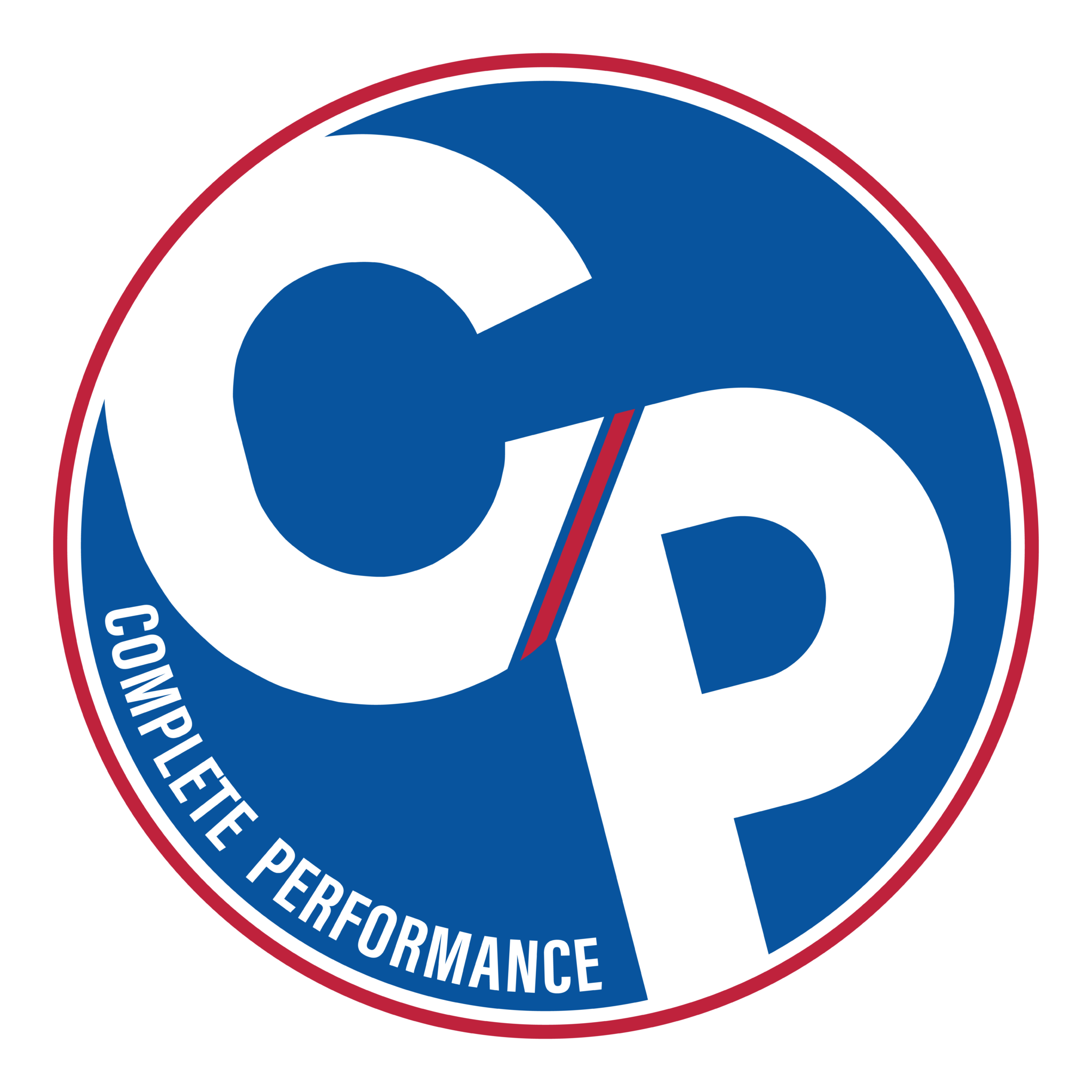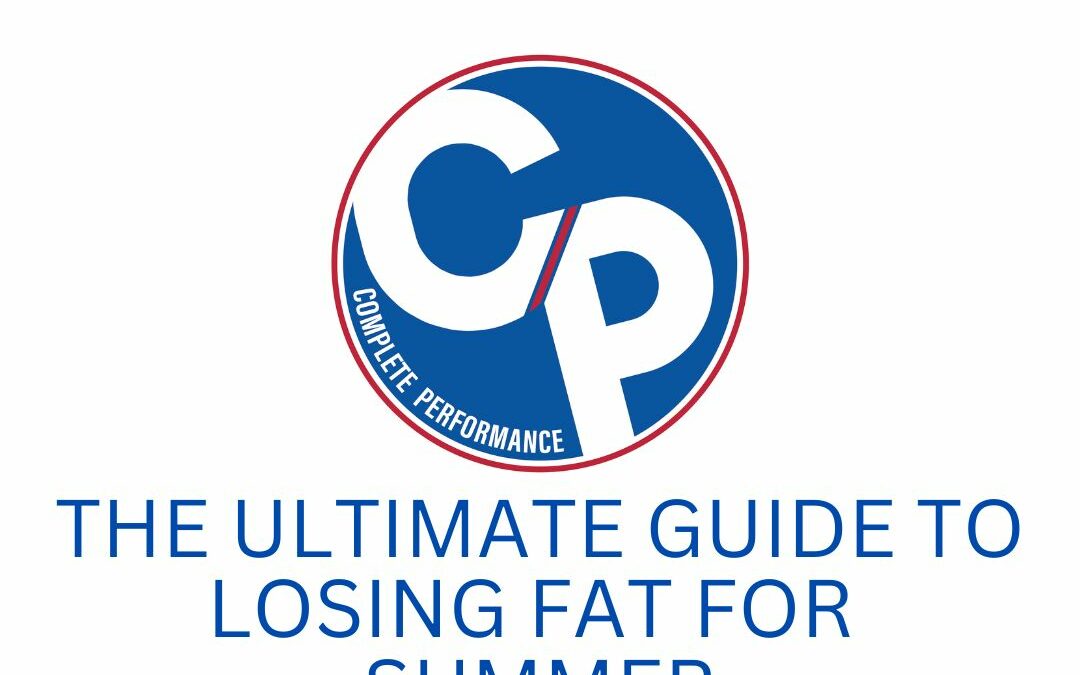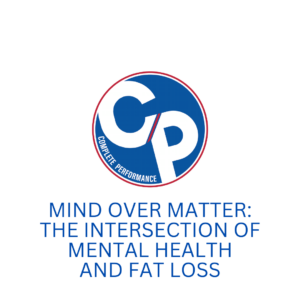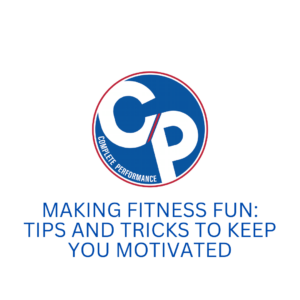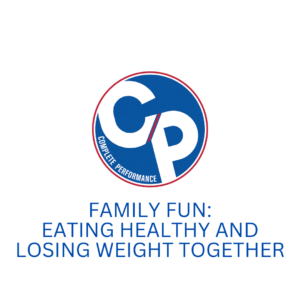Yikes…
March is almost here and believe it or not that means summer is right around the corner!
And that New Year’s Resolution to shed stubborn body fat seems like AGES ago…
Well, I have good news for you!
It is NOT too late to get your summer body ready!
But it starts today with these 5 tips!
#1 Check Your Intake
Checking your intake to ensure you’re in a calorie deficit involves monitoring both your food intake (calories consumed) and your energy expenditure (calories burned). Here are steps to help you assess if you’re in a calorie deficit:
Know Your Basal Metabolic Rate (BMR)
Determine your BMR, which represents the number of calories your body needs at rest to maintain basic physiological functions.
While there are a number of online calculators out there, I strongly recommend working with a coach or nutritionist to help you determine BMR using the most accurate equations. (If it ONLY uses height, weight and gender, you’re likely not considering enough factors for an accurate number 😉)
Calculate Your Total Daily Energy Expenditure (TDEE)
Factor in your activity level to calculate TDEE by multiplying your BMR by an activity multiplier (sedentary, lightly active, moderately active, very active).
Again, consultation with a Complete Performance coach can help you determine the BEST activity multiplier for where you’re at right now!
Establish Caloric Deficit
To lose weight, create a caloric deficit by consuming fewer calories than your TDEE.
A common approach is to aim for a daily deficit of 500 to 1000 calories, resulting in a weekly weight loss of approximately 1-2 pounds.
Track Caloric Intake
Use a food diary or a mobile app (MyFitnessPal, Chronometer or LoseIt are all awesome) to log everything you eat and drink throughout the day.
Pay attention to portion sizes and accurately measure your food. (Remember that cheating in measurements is only cheating your results!)
Weigh and Measure Food
Invest in a kitchen scale if you’d like to accurately measure the weight of your food. This is the most accurate form of food measuring so it ensures you’re not underestimating your calorie intake.
Not ready to invest in a food scale?
Measuring cups are readily available and provide GREAT insight!
Adjust as Needed
Regularly reassess your progress and adjust your caloric intake with your Complete Performance coach.
If weight loss plateaus, you may need to further reduce calories or increase physical activity, but this is NOT something to be done on a daily or oftentimes even WEEKLY basis. Please check with your coach before reducing more calories.
Be Consistent
Consistency is key. Stick to your plan for an extended period to see significant results.
While easy to do, don’t be discouraged by minor fluctuations; weight loss takes time! The scale cannot and will not drop every single day!
Listen to Your Body
Pay attention to hunger and fullness cues.
Adjust your caloric intake if you feel fatigued, overly hungry, or notice any negative effects on your well-being.
#2 Start Resistance Training (or Turn It Up a Notch)
Starting resistance training for fat loss is a great decision, as it can help you build lean muscle mass, boost your metabolism, and enhance overall body composition. Here’s a step-by-step guide to help you begin resistance training for fat loss (or turn it up a notch if you’ve been at this for a while!):
Learn the Basics:
Familiarize yourself with basic resistance training concepts – I cannot stress this enough!!
Take your time easing into things regardless of how eager you are to see results – I PROMISE these are more long-lasting results!
Understand terms like sets, reps, and different types of resistance (dumbbells, barbells, resistance bands, bodyweight exercises).
Start with Bodyweight Exercises
If you’re new to resistance training, begin with bodyweight exercises to build a strong, solid foundation. Examples include squats, lunges, push-ups, and bodyweight rows.
Gradually Introduce Resistance
Progress to using resistance bands or light dumbbells as you become more comfortable with bodyweight exercises. As you progress be sure to focus on proper form and technique. You should NEVER sacrifice form for resistance. That’s a recipe for disaster and will likely keep you out of the gym and away from results longer!
Include Compound Movements
Incorporate compound exercises that work multiple muscle groups simultaneously (think more bang for your buck 😉). Examples include squats, deadlifts, bench presses, and overhead presses.
These are NOT exercises to be done without guidance and coaching!
The Complete Performance team is always happy to guide you through an assessment to build the foundation of these movements!
Progressive Overload
Gradually increase the resistance or intensity of your workouts over time. This progression is essential for continued muscle development!
Personally, I like to target an improvement in every exercise, every workout.
It doesn’t have to be BIG, but some sign of improvement!
Add one more rep.
Hold the last rep.
Try a heavier weight if you’re ready.
Shorten your rest time.
SO many possible ways to progress!
Prioritize Consistency
Consistency is crucial for seeing results.
Far too often I see women start to get busy, lose sight of their goal and sacrifice their workout consistency.
Keep your goal at the forefront of your mind and find ways to knock out 2-3 resistance training sessions per week if that lean summer body is important to you!
Include Rest Days
Just because you have a goal in mind doesn’t mean you need to sacrifice your rest and sanity!
Allow your muscles to recover by incorporating rest days into your routine.
Overtraining can hinder progress and increase the risk of injury, and when you’re injured your gym progress and overall fat loss progress suffers!
#3 Hydrate!
Water plays several important roles in the process of fat loss, and staying adequately hydrated can support your weight loss efforts in various ways.
While water is not a magical solution for fat loss on its own, incorporating it as part of a balanced diet and exercise routine can contribute to overall success in achieving and maintaining a healthy weight. It’s important to note that individual hydration needs vary, so listen to your body and adjust your water intake accordingly.
Want all the details on water?
A guarantee of 64 ounces of water per day?
CLICK HERE to check out a recent blog we wrote covering water and fat loss!
#4 Move More
If you’re looking to shed stubborn body fat before summer and ACTUALLY keep it off, it’s important you find ways to move more.
Why?
Because moving more means burning more calories and THAT means burning more body fat!
So what’s the best way to do that?
NEAT!
NEAT stands for Non-Exercise Activity Thermogenesis, and it refers to the calories your body expends for activities that are not structured exercises or intentional physical activities. NEAT encompasses the energy you use for everyday tasks such as walking, standing, fidgeting, gardening, and other non-exercise movements. While NEAT doesn’t involve planned workouts, it can significantly contribute to your overall energy expenditure and, consequently, impact fat loss.
Incorporating more NEAT into your daily life, in addition to regular exercise, can contribute to a more active lifestyle and support your overall fat loss and weight management goals. It’s a holistic approach that considers the importance of movement throughout the day, not just during formal exercise sessions.
If you’re ready to use NEAT as a way to improve your fat loss results, CLICK HERE to read all about it AND grab 10 simple ways to move more!
#5 Find Accountability
Accountability can play a significant role in supporting fat loss by providing structure, motivation, and a sense of responsibility. Here are 14 ways accountability can positively impact fat loss efforts:
Consistency and Adherence
Accountability helps individuals stay consistent with their nutrition and exercise plans (which we said earlier is KEY to both your calorie deficit and resistance training).
Setting and Achieving Goals
Accountability partners and coaches can assist in setting realistic and achievable goals.
Regular check-ins provide an opportunity to assess progress, celebrate successes, and adjust goals as needed.
Motivation and Encouragement
Having someone to share successes and challenges with can boost motivation.
Encouragement from an accountability partner can help overcome obstacles and stay focused on long-term objectives.
Structured Plans
Accountability often involves creating structured plans for nutrition, exercise, and lifestyle changes. A well-defined plan provides clear guidelines and reduces the likelihood of deviating from healthy habits.
Problem-Solving
I’m a problem solver, and I personally LOVE being the accountability coach to help my clients create solutions to their nutrition and training problems.
An accountability partner can assist in problem-solving when faced with obstacles or setbacks. Discussing challenges and finding solutions together can enhance resilience and persistence.
Social Support
Knowing that someone is sharing the journey can provide a sense of community and social support.
Increased Responsibility
Being accountable to someone else increases the sense of responsibility (Trust me, my clients know I’m checking in if I don’t hear from them!). Individuals may be more likely to follow through on commitments when they know they are answerable to someone.
Feedback and Guidance
Regular check-ins with an accountability coach allow for feedback on progress and areas that may need improvement.
Celebrating Milestones
At Complete Performance, we LOVE celebrating WINS!
Accountability coaches can celebrate achievements and milestones, reinforcing positive behaviors.
Plus, sometimes you need someone to remind you of even the smallest of victories 💪
Structured Check-Ins
Regularly scheduled check-ins provide opportunities to reflect on habits and make necessary adjustments. It adds a level of structure to the weight loss journey.
Enhanced Self-Awareness
Accountability requires individuals to reflect on their actions and choices. Increased self-awareness can lead to better decision-making and improved adherence to healthy habits.
Reduced Procrastination
Knowing that someone is expecting progress can reduce procrastination and encourage taking immediate action toward fat loss goals.
Increased Confidence
Successfully being accountable and making progress can boost confidence.
Confidence in one’s ability to make positive changes supports long-term adherence to healthy behaviors.
Whether it’s a friend, family member, personal trainer, or an online community, having an accountability system in place can significantly enhance the likelihood of success in fat loss efforts. The key is to find someone or a group that provides positive support, encouragement, and constructive feedback throughout the journey.
Need accountability on your journey to a fitter, leaner summer?
Start by joining our FREE Twin Cities Female Fitness Community for tips, tricks and accountability to kick off and crush your journey!
